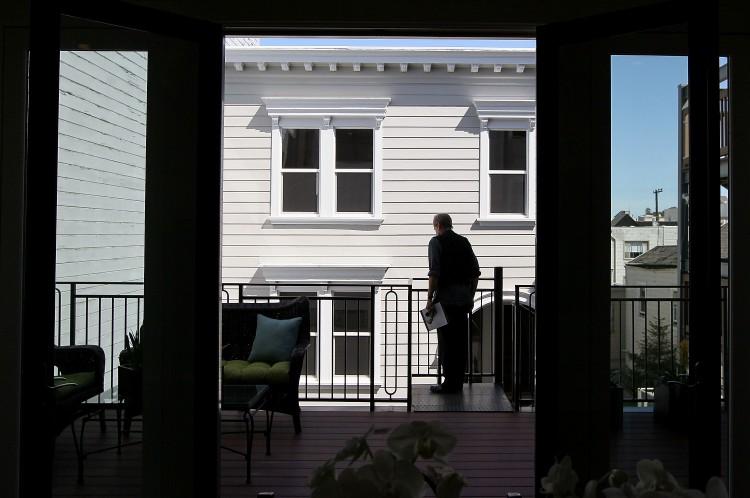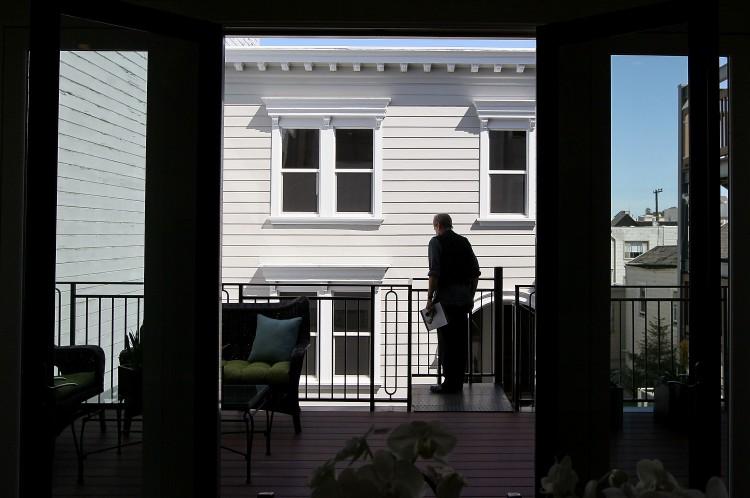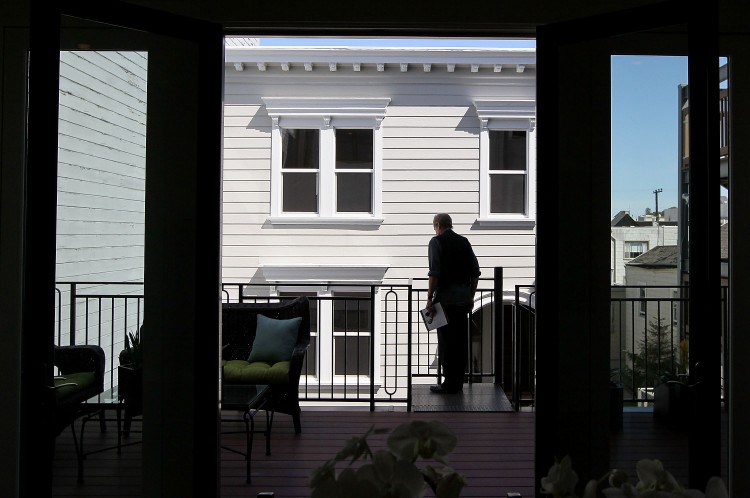Century 21 Realty Alliance president and broker Orhan Tolu shares what he knows to help buyers and sellers navigate the Bay Area’s strong and growing real estate market. The company had the biggest market share growth last year—357 percent—in the entire state of California when Century 21 Realty Alliance made its move into San Francisco, completing 850 transactions in their first year, with roughly 11 agents.
The Commercial Window
“This is the year to buy,” says Tolu.
If you have the capital, commercial properties are what you want to invest in, especially in San Francisco, Tolu says. In the current economy, it costs twice as much if you want to build a new building than what you can buy one for, and commercial property values are still comparatively low compared to housing. You might be able to buy a building for $200 per square foot, but it would cost about $400 per square foot to build that building today—and land is getting increasingly scarce.
“Commercial is always the last sector in the real estate market to fall, and is the last one to pick up,” says Tolu, who has 15 years of experience in selling commercial real estate. “So it always happens in that cycle.”
“Right now there’s still a lot of vacancy in office space, there’s a lot of vacancy in retail,” Tolu said. “Commercial went up, rent went up, and there is a shortage of listings in apartments, too. But it’s not as bad as houses.”
“On the office or retail sector, I think it’s going to take another two years for the market to fully heal and become as good as residential in the state,” Tolu said.
In the next four to five years, Silicon Valley’s expansion will continue, and the real estate market is just growing. Analysts say the market has still not returned to normal levels, making this a good time to jump on a property if one is looking to invest.
“Real estate is maybe going to appreciate 30 to 40 percent in the next two years,” Tolu said, compared to banks or investment in stocks. “So if you add the appreciation plus net income return, it’s going to be more than 20 percent increase in a five-year time period, so there’s nothing better than a commercial real estate investment in the world, nothing better.”
Compared to other real estate sectors, “maybe you pay a little bit too much compared to the other areas, your net cap is less, but your appreciation is always much, much higher,” Tolu said.
Overseas investors may not be familiar with the market or the nuances of the way sales are made in each city. With the purchases of commercial property, there’s a big difference from housing, Tolu says. With residential real estate, buyers can look in newspapers, magazines, or search online, but commercial listings are less frequent.
Tolu says that in Silicon Valley, there are about 15 realtors who specialize in commercial real estate, and 50 to 60 in the Bay Area. In most transactions, the realtors can just make a few calls among themselves and sell the property without listing it on the market. If you want to invest in commercial real estate, be sure to find a local professional commercial real estate agent, he suggests.
International Buyers
Foreign buyers will be at a disadvantage if they search overseas. It’s necessary to be in the United States in order to even start the search, go to showings, and buy a house with the limited time buyers have to bid on properties. For international buyers, working with a company that has a large global network can greatly help facilitate the process and improve your chances of getting that house.
Just recently, Tolu said, a Century 21 real estate broker from London gave him a call—two people from London wanted to purchase a property in San Jose.
“She already did the search for me, she already did everything for me,” Tolu said. “All I have to do is send one agent to go show [the property], to take care of them.”
Many buyers in the Bay Area may be looking for something that requires specialized knowledge—condominiums, for example, are different from houses, and it’s best to choose an agent with that specialization. Properties are often sold within a week of listing, and some buyers get hasty after not being able to get a property after a certain amount of time, leading to bad decisions.
Use a Better Network
It’s crucial to have the most updated information while doing your search—lest you start to prepare to bid for a property that’s already sold. There are many popular online listing sites, like Trulia, but how up to date are they?
Listing information is released within 24 hours on Century 21’s website, Tolu says, but many other real estate sites take their listings from Century 21’s listing generator, and often aren’t updated until 72 hours after it’s available. There are even houses that are sold the next day, which the agents would know, but websites might not show.
Experience Is Key
In the current market environment, not having inside knowledge will prevent you from getting that house. Many buyers lose three or four properties before they start looking for help.
“[There’s] a huge shortage of listings. I’ve never seen a shortage like this in the last 50 years,” Tolu said. “And if you look at the data, the listing comes in today, and tomorrow it’s gone already.”
Sellers barely need to advertise, Tolu says. “You just put it in the Internet and somebody will buy it with a high price anyway. Why spend money for advertisement?”
A good broker will know the ins and outs of the neighborhoods you’re interested in, and be able to help you navigate the market, where prices are rising daily. “Rely on your broker, because your broker and your agent have much more updated information than the Internet.”
Pricing isn’t a sure thing in this market, and buyers who caution to bid 10 percent above asking price might end up with a house only months later, when asking prices too have gone up 20 percent, according to Tolu.
“If a house comes along and you don’t get the right advice, you’re going to lose that house anyway,” Tolu said. “Each time you lose, the price is going to keep going up and up. Rather than waiting six months and having the price go up, work with an experienced agent and you'll buy it at your first look.”
Expand Your Options
Most buyers make the mistake of starting with an area they like and then look at what houses are there, Tolu said. It’s a common mistake.
If you only consider buying a house in a particular neighborhood or city, your choices are very limited, and if there are no listings, you’re stuck. Broaden your search to nearby areas, Tolu suggests, and look at their school districts as well. Then work with an experienced agent and bid right the first time.
School Districts
If you delay or don’t get the right information and haven’t gotten the house in the school district you want come September, it might affect your children’s education.
“If you do it at the right time, then your kids will go to the better schools—good schools,” Tolu said. “Otherwise in September when the schools open, if you still don’t have a property, you don’t have a good location or a good school for your kids.”
If you buy a house in a better school district, you won’t have to spend money on private schools, which can be at least $20,000 to $30,000, and very time-consuming to drive to and from, Tolu said.
Additional reporting by David Zhang







